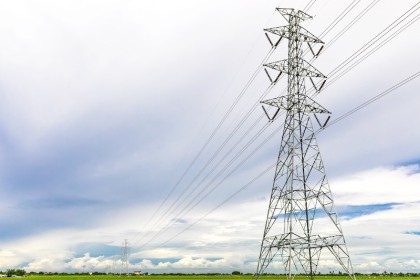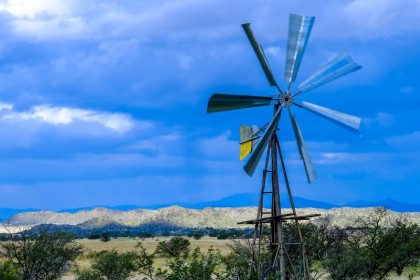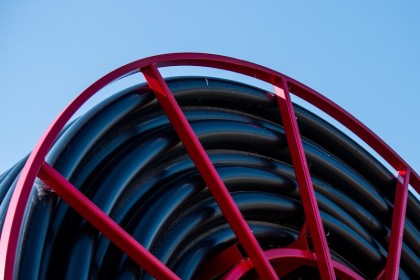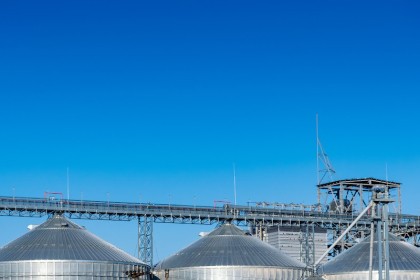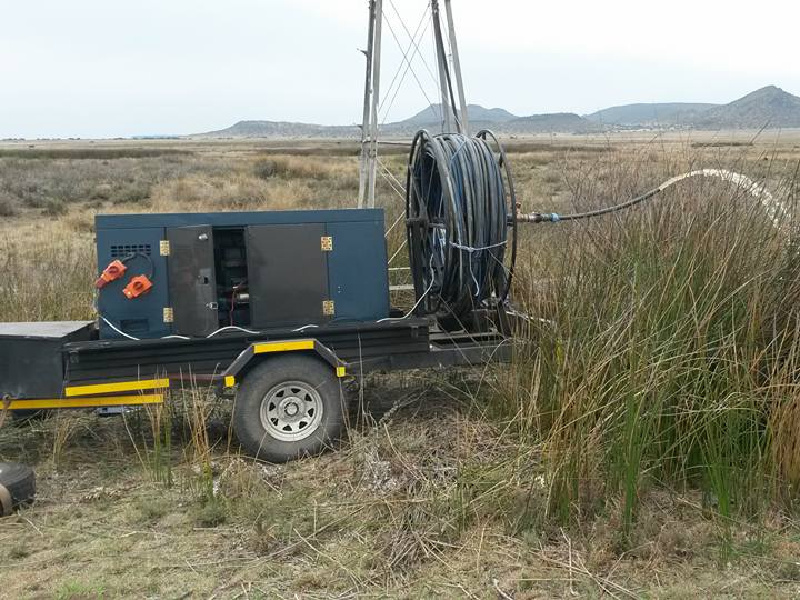
Borehole Yield Testing: Why it Is Important
Water is a scarce resource in South Africa, which is why it is important for farmers to explore and implement a variety of tools and systems to ensure that they have constant access to water in order to irrigate their crops. The absence of water can have detrimental effects on produce and escalate the problems we are already experiencing with food insecurity on a global scale.
In this article, we will discuss the benefits of installing a borehole and why borehole yield testing is so important.
Whether you are a farmer or a homeowner a borehole is definitely the way to go if you are wanting to go off-grid. There are a host of benefits that a borehole can provide including but not limited to:
- Nutrient-Rich Water: Borehole water is extremely nutrient- and mineral-rich and does not contain the chemicals that are used to purify water from municipal sources, as the water is already free of contaminants.
- Independence: If you do not have access to a borehole you are solely dependent on rainwater and the municipal supply to irrigate your crops. In South Africa, both the municipal water supply and rainwater can be unreliable. A borehole can offer a steady supply of water all year round.
- Financially Advantageous: Installing a borehole is typically a large initial expense but it is cheaper in the long term, especially when used in large quantities on agricultural farms. The cost of municipal water has already risen over the years making the expense immense; however, these costs further increase when drought occurs and water levies are raised even higher. Once you have installed a borehole you do not need to pay for the water used from that borehole.
- Low Maintenance: A borehole is relatively low in maintenance. It does require regular check-ups to ensure everything is working correctly; however, if the installation was done professionally and with care, there shouldn't be too many hick-ups.
Aquifers are often referred to as underground rivers. They actually consist of a layer of permeable rock under the surface. This permeable rock is water-bearing. When installing a borehole, they drill down to the aquifer and this is where the water is retrieved from. It is possible for aquifers to be drained of their water if they are over-used and not managed correctly. A good example of this occurred in America with Nestle.
Before installing a borehole it is extremely important to perform a yield test. This will determine whether you have a sufficient aquifer to draw from and whether or not that yield will be enough. It will also determine if the aquifer you intend to draw from is not already depleted or if it might dry up due to usage. During a test, the quality of the water will also be tested to determine whether it is suitable for its intended use.
How Do You Test a Borehole Yield?
Borehole testing consists of pumping a borehole at a certain rate for a certain amount of time and recording the results. Some of the other aspects that are tested and recorded include the depth of the test pump installation, the water colour, and the static water level. These borehole yield tests typically take around six hours to complete; however, it can take longer if the borehole is to be used to pump a significant amount of water.
The price of borehole testing can fluctuate depending on the provider, area, and length of the test performed. It is advisable to speak to a borehole provider to receive a quote. P&R Pumps is a company that specialises in borehole testing, installation, and maintenance. Visit the AgrifoodSA directory to find out more about P&R Pumps and how they can help you become independent in your water usage.







